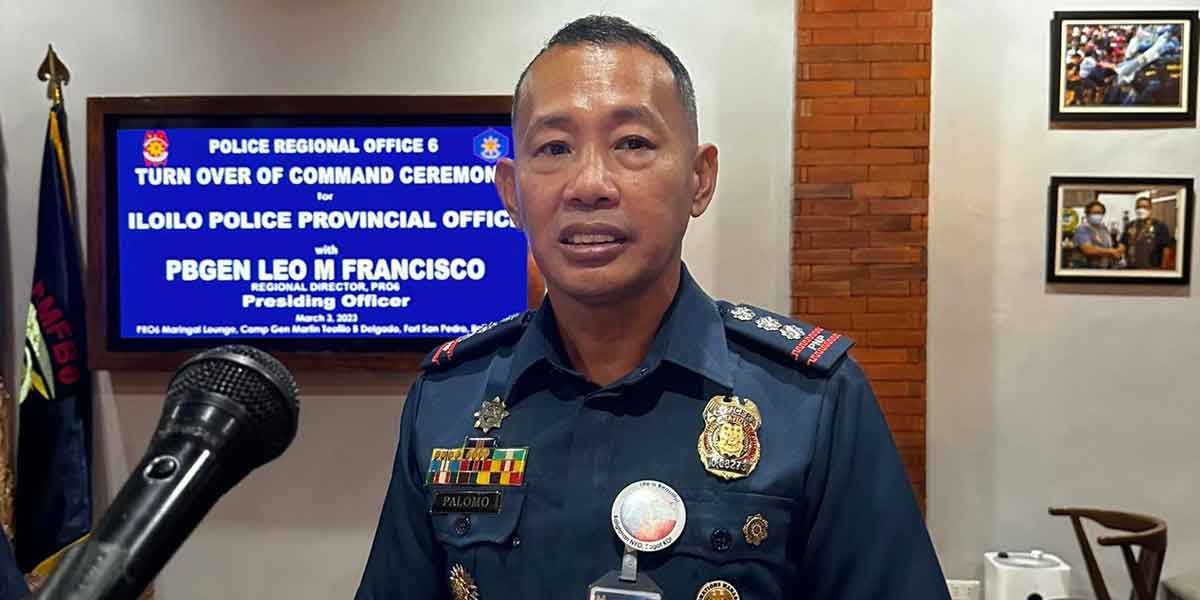
By: Jennifer P. Rendon
AMID claims of confiscated drugs being “recycled” and resold in the streets, the Police Regional Office 6 (PRO-6) on Sept 23, 2019 went through the procedures of how seized drugs are kept.
Police Colonel Marlon Tayaba, PRO-6 chief directorial staff, showed the process on how seized drugs are being inventoried at the PNP Regional Crime Laboratory Office 6 (RCLO-6) at Camp Delgado, Iloilo City.
Illegal drugs confiscated from January to Sept. 15, 2019 by the Iloilo City Police Office (ICPO) and the Bacolod City Police Office (BCPO) were presented for inventory to members of the media.
The illegal drugs items were seized through buy bust operations conducted by the operating elements of the two police units.
“The essence of this inventory is to show the foolproof integrity of turning over of evidence at the crime laboratory,” he said.
From the initial custody of the investigator, Tayaba said the drugs will be brought to the PNP crime laboratory.
“The crime lab will receive it. It will be then stored in their evidence room,” he said.
Only the evidence custodian and assigned chemist will be allowed inside the room, which has its own closed circuit television cameras.
Even the evidence custodian’s superiors are not allowed inside.
It will just be taken out upon orders of the court, usually during the physical presentation of evidences.
As far as PRO-6 is concerned, there have been no reports of recycling of drugs, Tayaba said.
For the sake of argument, “if recycling does happen, it could be from the grassroots.
Meaning, since the time of the arrest and before it will be turned over to the Crime Lab,” he said.
But once it’s with the Crime Lab, the evidences are properly inventoried and labeled until these are turned over to the Philippine Drug Enforcement Agency (PDEA) for destruction.
The oldest evidence at the RCLO-6 was traced from a 2006 operation.
Meanwhile, Tayaba said not one of the 33 alleged Western Visayas narco-cops were tagged in “recycling” allegations.
“Some are into drug use while others were into drug protection,” he said.
Last week, Police Brigadier General Rene Pamuspusan, Western Visayas police chief, ordered the audit of confiscated illegal drugs.
Even Police Colonel Enrique Ancheta, RCLO-6 chief, said he has not received any information about the possibility of recycling of seized illegal drugs in the region.
“We observe the chain of custody. After the drugs are submitted to us, all items are itemized,” he said.
Ancheta said they do a weekly inventory of seized drugs under their custody.
Even if the case is already resolved, confiscated illegal drugs are still kept until an order is issued for the proper destruction of the seized items.
A few weeks back, Aquino told the Senate finance committee that PDEA is keeping an eye on a “drug queen” who bought her drugs supply from law enforcers.
Aquino said he got his information from his assets and sources.





















